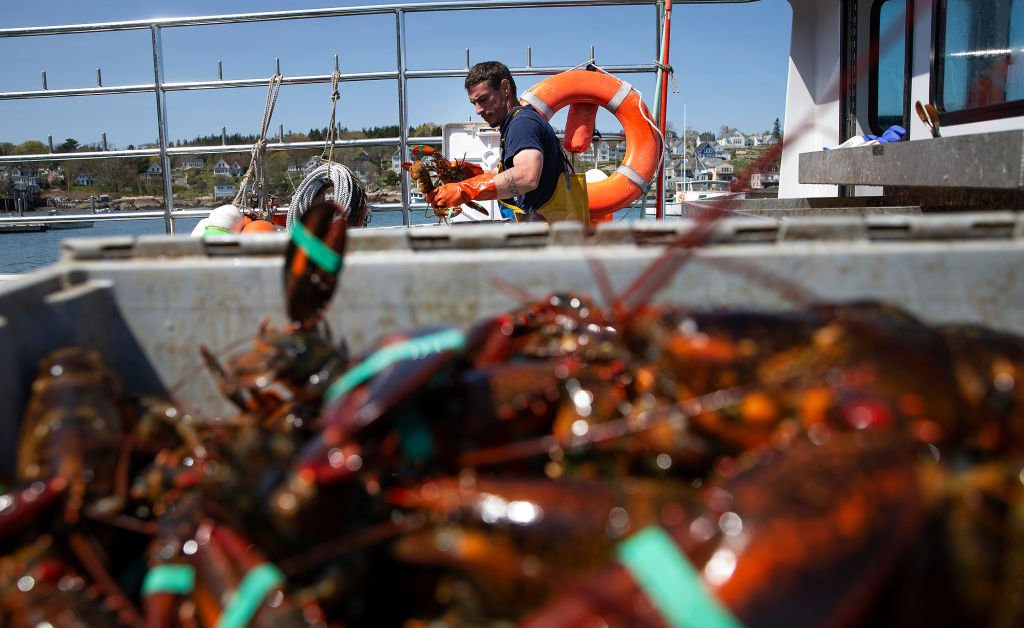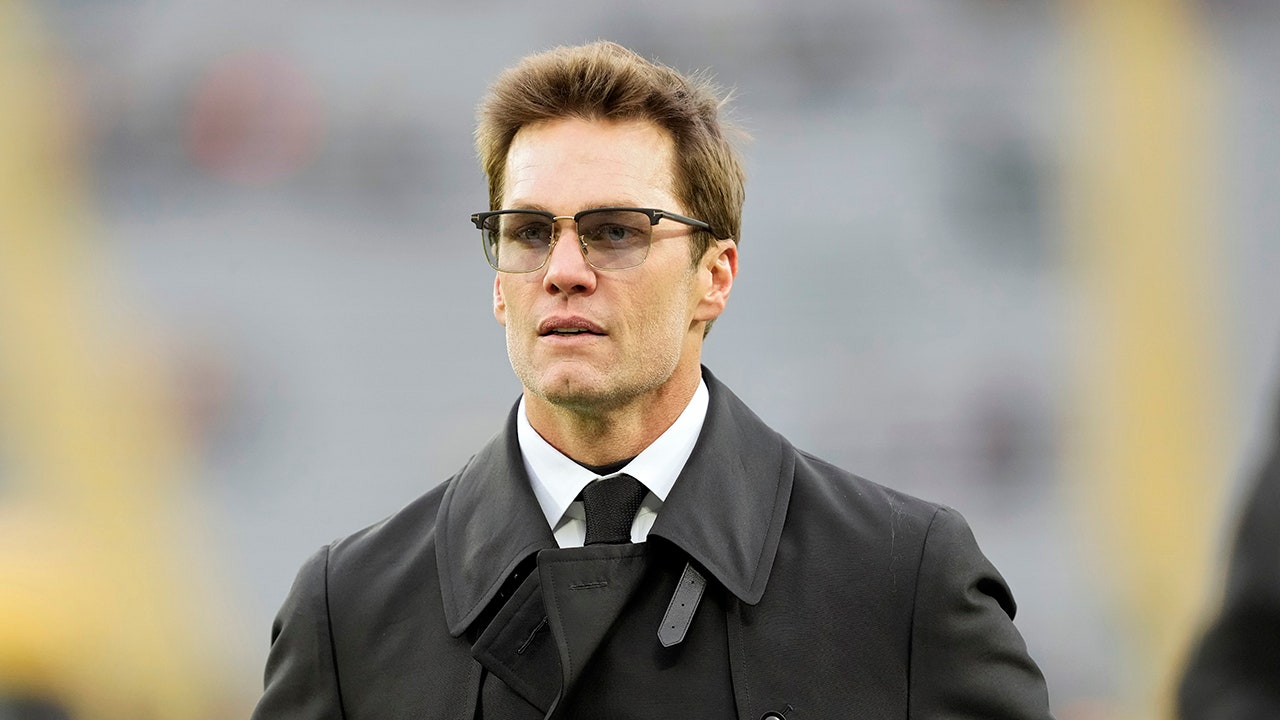Health experts and advocates are prioritizing a wide range of issues in the upcoming legislative session, spanning from the tobacco tax and artificial intelligence protections to measures that address children’s behavioral health, medical cannabis and workforce shortages.
Matt Wellington, associate director of the Maine Public Health Association, said his organization will push to increase the tobacco tax, which he said has not been increased in 20 years, in order to fund efforts to reduce rates of cancer.
Maine has a higher cancer incidence rate than the national average, yet one of the lowest tobacco taxes in the region.
“One in three Mainers will face a cancer diagnosis in their lifetime,” Wellington said. “We’re putting a big emphasis on educating lawmakers about all of the tools at our disposal to prevent cancer and to reduce the incidence of cancer in our state.”
MPHA also supports efforts to update landlord-tenant regulations to create safer housing that can handle extreme weather events and high heat days by requiring air conditioning and making sure water damage is covered to prevent mold.
Wellington also emphasized expanding the breadth of issues local boards of health are allowed to weigh in on beyond the current scope of nuisance issues such as rodents, and establishing a testing, tracking and tracing requirement for the medical cannabis program.
Dr. Henk Goorhuis, co-chair of the Maine Medical Association legislative committee, said he is concerned about the use of artificial intelligence in denial of prior authorizations by health insurance companies and said there are some steps the state could take.
Both Goorhuis and Dr. Scott Hanson, MMA president, emphasized stronger gun safety protections.
“The Maine Medical Association, and the Maine Gun Safety Coalition and the American Academy of Pediatricians … we’re all not convinced that Maine’s system is as good as it can be,” Hanson said.
Goorhuis added that while he thinks Maine has made progress on reproductive autonomy, it will be important to watch what could happen at the federal level and whether there will be repercussions here in Maine.
Jess Maurer, executive director of the Maine Council on Aging, and Arthur Phillips, the economic policy analyst with the Maine Center for Economic Policy, both said they are working on an omnibus bill to grow the essential care and support workforce and close gaps in care.
Maurer said this bill will include a pay raise for Mainers caring for older adults and people with intellectual and physical disabilities; an effort to study gaps in care; the use of technology to monitor how people are getting care; and the creation of a universal worker credential.
Phillips said he hopes lawmakers will pursue reimbursement for wages at 140 percent of minimum wage. A report he published this summer estimated that the state needs an additional 2,300 full-time care workers, and called for the Medicaid reimbursement rate for direct care to be increased.
Maurer said Area Agencies on Aging are “overburdened” with demand for services and at least three have waitlists for Meals on Wheels. She is pushing for a bill that would increase funding for these agencies and the services they provide.
John Brautigam, with Legal Services for Maine Elders, said his organization is focused on making sure the Medicare Savings Program expansion is implemented as intended.
He’s following consumer protection initiatives, including those relating to medical debt collection, and supports the proposed regulations for assisted housing programs, which will go to lawmakers this session.
Brautigam said he’s also advocating for legislation that will protect older Mainers’ housing, adequate funding for civil legal service providers and possible steps to restructure the probate court system to bring it in line with the state’s other courts.
Jeffrey Austin, vice president of government affairs for the Maine Hospital Association, said he’s focused on protecting the federal 340B program, which permits eligible providers, such as nonprofit hospitals and federally qualified health centers, to purchase certain drugs at a discount.
Austin said this program is crucial for serving certain populations, including the uninsured, but the pharmaceutical industry has been trying to “erode” the program. Maine hospitals lost roughly $75 million last year due to challenges to the program, he said.
Katie Fullam Harris, chief government affairs officer for MaineHealth, also highlighted protecting 340B. She said that although it’s a federal program, there are some steps Maine could take to protect it at a local level, as other states have done.
Both Austin and Harris said there is more work to be done on providing behavioral health services for children so they aren’t stuck in hospital emergency rooms or psychiatric units. Harris said there will potentially be multiple bills that aim to increase in-home support systems and create more residential capacity.
Austin said there’s a second aspect of Mainers getting stuck in hospitals: older adults with nowhere to be discharged. Improving the long-term care eligibility process will make this more effective. For example, there’s currently a mileage limit on how far away someone can be placed in long-term care, but that’s no longer realistic due to nursing home closures, he said.
This story was originally published by The Maine Monitor, a nonprofit civic news organization. To get regular coverage from the Monitor, sign up for a free Monitor newsletter here.

























/cdn.vox-cdn.com/uploads/chorus_asset/file/25822586/STK169_ZUCKERBERG_MAGA_STKS491_CVIRGINIA_A.jpg)

